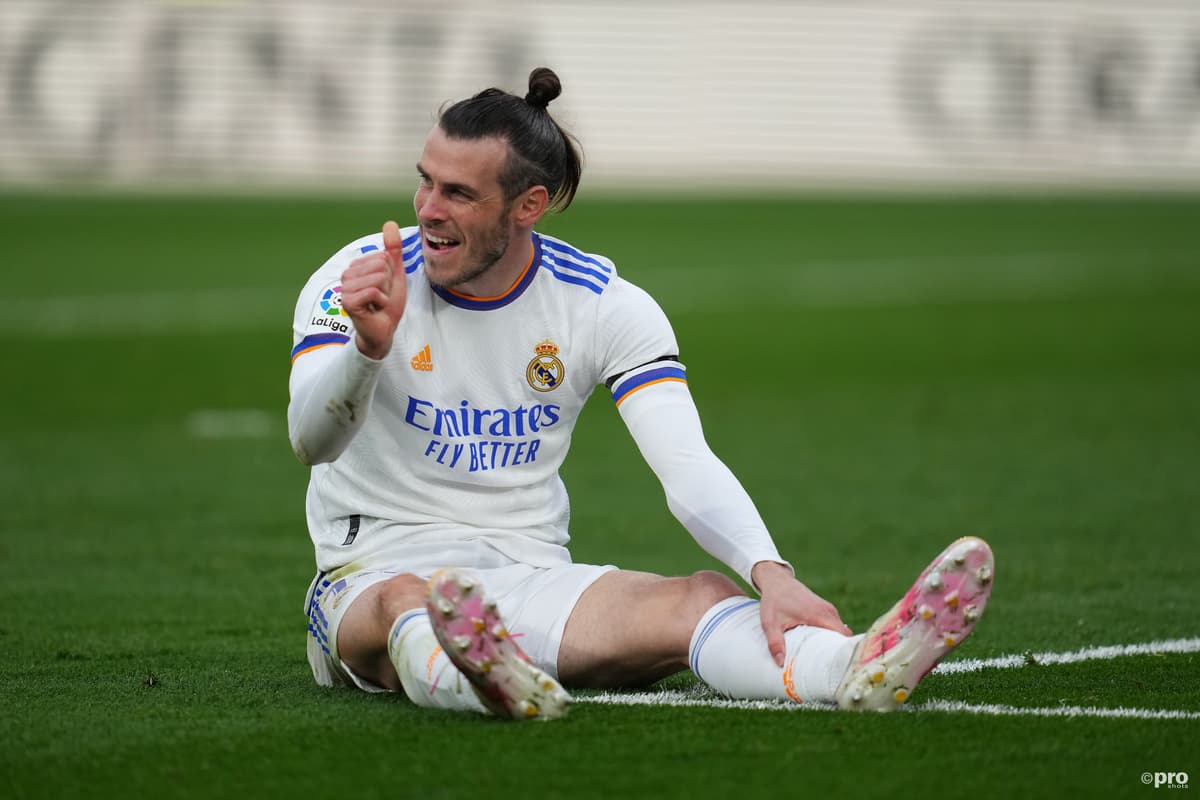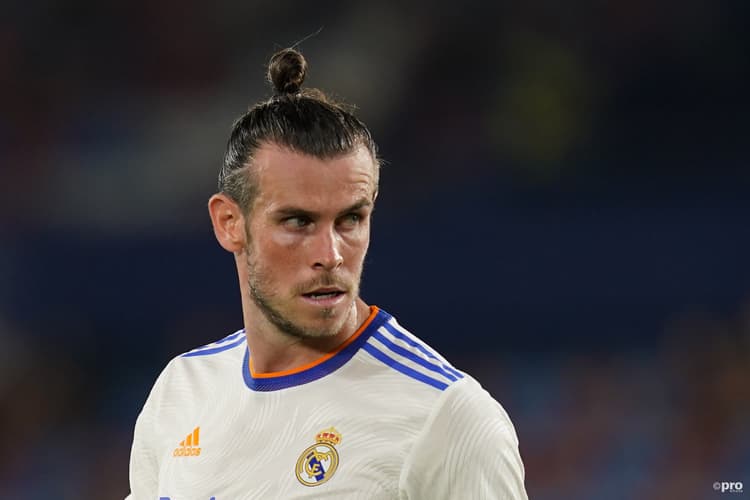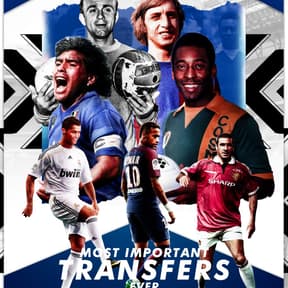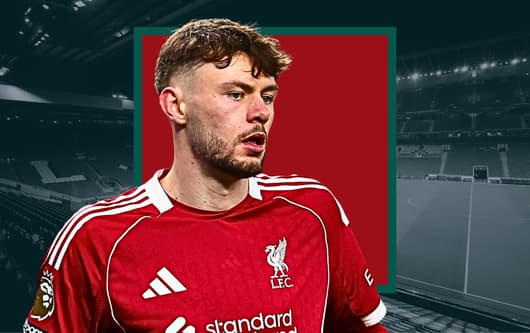How Gareth Bale is impacting Salah's Liverpool transfer future

The Gareth Bale situation boils down to a simple negotiation that took place back in 2017: is he worth what he’s asking for?
It’s a conundrum that haunts clubs every season. Liverpool are experiencing it with Mo Salah in this current moment; one of the best players in the world but one who is 30 in June. Given his alleged £400k a week demands plus the modern shift towards younger talent with sell-on value - the Reds have already signed their contingency in Luis Diaz - the Anfield side are weighing up the situation extremely carefully.
It is contract extensions like Bale’s that have spooked clubs across the world. Alongside Arsenal’s disastrous renewal of Mesut Ozil, it is the cautionary tale of the modern era.
Bale was 27 when he persuaded Real Madrid to give him a five-year contract worth an estimated £600k a week. Even pre-coronavirus, it was unfeasibly large, but post the disease, it has become one of many rocks dragging Madrid’s finances to the bottom of the sea.
This, and deals like it, meant they couldn’t spend a fee on a player in nearly two years, led to Florentino Perez losing his mind in pursuit of the European Super League, and a clearout of deadwood that is now more essential than ever and will likely happen, finally, in the summer of 2022.
Bale not to blame for his situation
The Spanish press’ incessant obsession with Bale’s salary directs the anger in all the wrong places; it was Perez who decided to DOUBLE his salary from the £300k a week deal he signed after leaving Tottenham in 2013, and put five years on the table to boot. Perez didn’t learn his lessons, either. Eden Hazard is on a similarly stupid salary and has provided the grand total of nothing in return, easily one of the worst transfer deals in the history of the club.
At the very least, Bale scored twice in the 2018 Champions League final - two of 21 goals in all competitions that season - before his career deteriorated through injury. And had he not been so unlucky in that regard, he wouldn’t have descended into the part-time footballers, full-time golfer he has become. And given the way he has been used as a skewed explanation of all of Real Madrid’s problems, it’s hard to blame him for wanting to down tools. Football made these rules, not him.

Real Madrid will try to never repeat this mistake again. They refused to cave to Sergio Ramos’ demands and that has proven to be shrewd given the defender has featured in just four league games for PSG in the entire season at the age of 35. Bale and to a lesser extent Hazard taught them some valuable lessons.
But the message is spreading. Beyond Salah, clubs are beginning to play hardball with players and their agents two years out from renewal. The market is shifting and, finally, presidents and sporting directors outside of PSG are assessing the situation holistically rather than succumbing to what the player or indeed fans want.
What Bale will mean for future contracts
Age is becoming a huge determining factor. The pace of the game has risen exponentially in the past decade and the birth of the ultra-high press, and the intensity involved in that, means youthful exuberance is trumping experience. This also feeds into sell-on value; if you can’t get at least a percentage of your transfer fee back at some point in the future, it has to be factored financially, an asset that will eventually be written off rather than cashed in.
Furthermore, individual talent will still win matches but in some cases the recruitment policy can be beholden to the system. Liverpool and Manchester City are the most high-profile examples; the player either needs to fit the system already, or be tactically adaptable.

And this is also narrowing the options for use in bargaining; Barcelona are spending again but it’s still a new world there, where unreasonable salaries won’t be entertained (see the Erling Haaland saga for proof). Real Madrid have been burned, as have Juventus. Bayern Munich have Robert Lewandowski holding out on them for similar reasons.
And so unless every forward in Europe signs for PSG, then agents are losing a little bit of their power, which will likely lead to a reset. Lower salaries, but shorter contracts, ensuring agents still retain power and a player can still look for the next deal, but neither party is locked into a Bale agreement.
What Bale did was get the deal of a lifetime. It might be tougher for the next generation to find clubs being so generous.






















